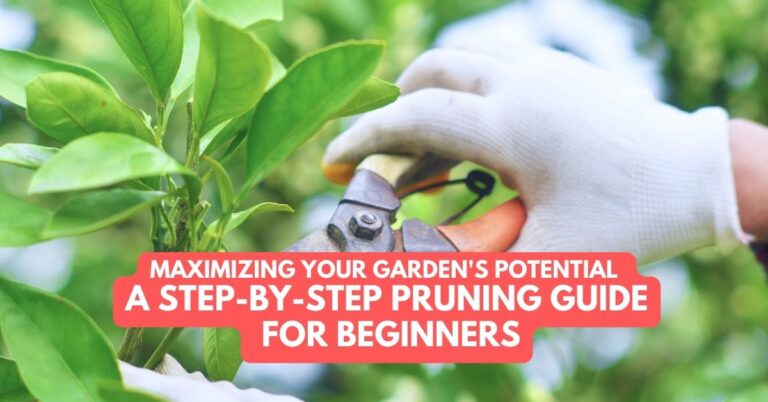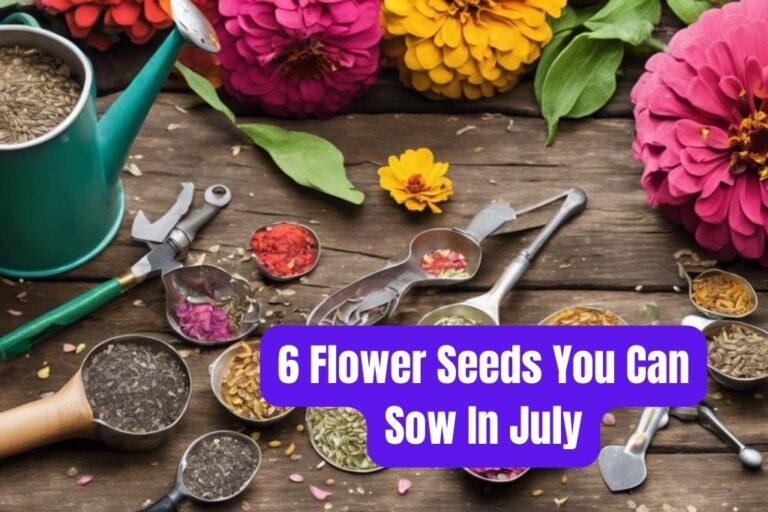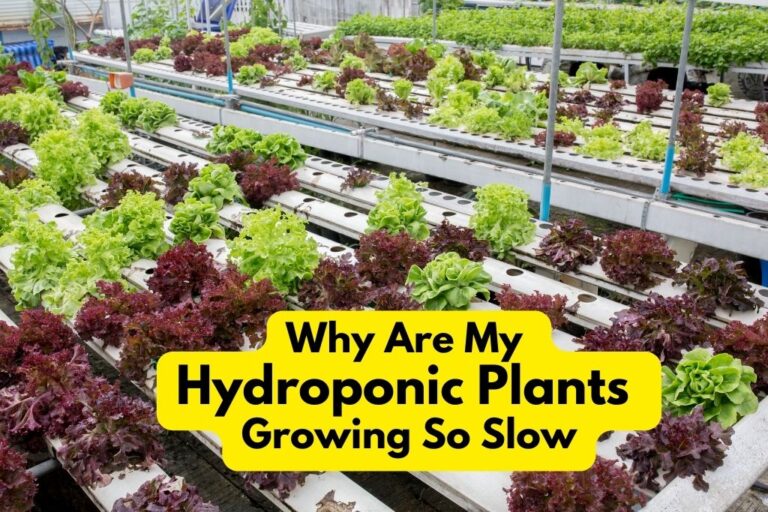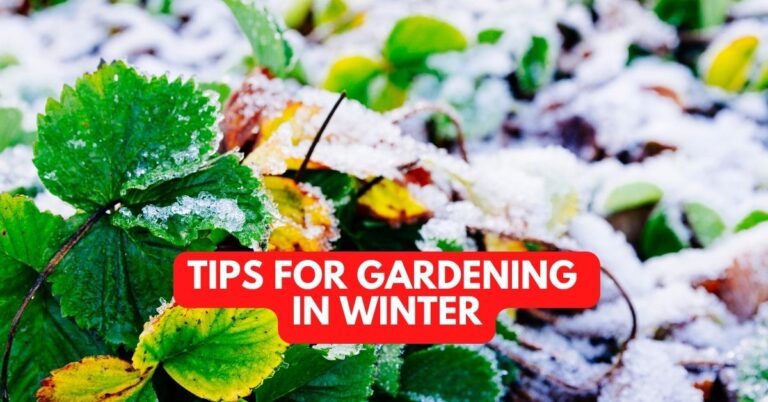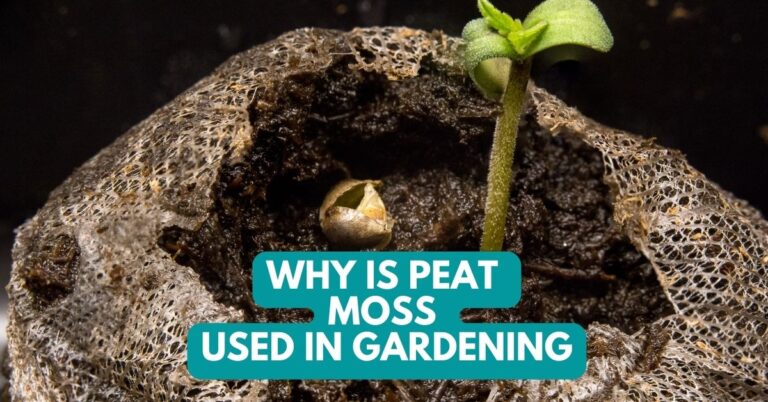Why Gardens Are Good For The Environment
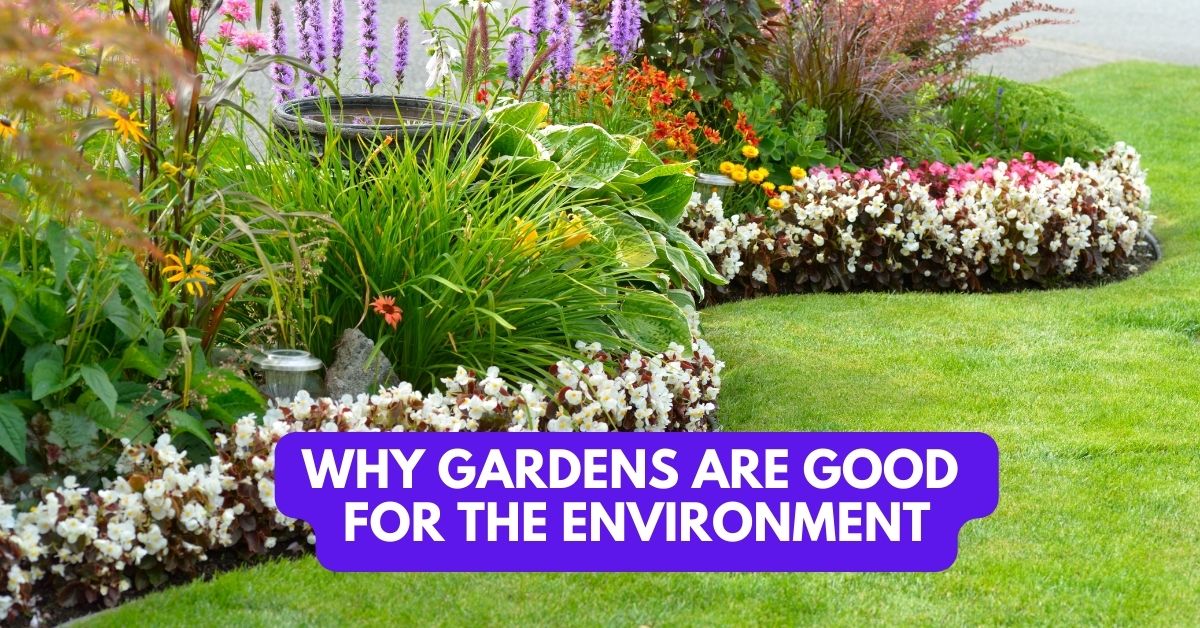
Gardening is a great way to help the environment. Not only do you produce food, but you also grow plants to put into the world. Plants are a wonderful part of our world that we should all appreciate more.
Many people admire gardens and planted areas. How beautiful is it when people come off their cars to admire the planted areas? How many times have you yourself done this?
Gardens are not just pure beauty, they also reduce pollution. This is because gardeners tend to use natural materials when planting, tending to the garden, and harvesting plants. These three things reduce waste that has to be taken away.
They help pollinators

One of the greatest environmental concerns is the decline in pollinators, specifically bees.
Pollinators are animals such as insects, birds, and mammals that carry and transfer pollen from the male part of a plant to the female part of a plant. This process enables fertilization and therefore the growth of a plant species.
The world would face serious environmental and agricultural consequences if there were a significant decline in pollinators. Plants would no longer be fertilized, which would consequently reduce the nutritional value of many common foods.
Consumers would also face sharply higher prices as crops require extensive amounts of pollination. It has been estimated that pollination services are worth over $100 billion per year!
There are many ways that you can help to restore and protect pollinators in your backyard. One way is to create and maintain a native grassland area with some flowering plants like daisies and buttercup.
They encourage exercise

Gardening is a great way to get outside and exercise. We already mentioned that gardening can be good for your mental health, but it can also benefit your physical health.
By planting fruits and vegetables, you are requiring yourself to exercise. You have to keep up with watering the plants, so you have to spend time outside watering them.
You have to take time to prepare the soil before planting seeds or plants, which requires some manual labor. Then, as plants grow, you have to take time to care for them- this requires more exercise!
There is also something very satisfying about harvesting your own produce.
They reduce pollution

Gardens reduce pollution in a few different ways. First, gardens encourage people to go outdoors and exercise.
Exercising in nature is great for your health, and it doesn’t cost you anything except time. Second, gardens help you identify plants and understand how to care for them, which is an essential environmental knowledge base.
Knowing how to care for plants means you know how to use fewer chemicals when doing so, thus reducing pollution. Third, gardens can be organic gardens, which reduce the use of chemicals even more.
And fourth, the exercise that comes with gardening can help reduce carbon emissions due to people moving around more. Gardeners may even take shorter walks around their garden to check on their plants and ensure they are thriving. This further increases exercise due to curiosity.
They promote sustainable food consumption
Gardens encourage people to grow their own food, either as a hobby or as a source of food. This is an important part of the garden culture.
Seeds are free to harvest and plant, and gardens provide an opportunity for people of all ages and backgrounds to learn about agriculture and plant life. What better way to learn about plants than by planting them?
Gardeners also have the opportunity to learn how to conserve water while growing plants. Many plants require different levels of watering depending on their size and type. Advanced gardeners can even develop a system for irrigation that uses minimal water while still maintaining healthy plants.
By promoting the growth of your own vegetables, gardens also reduce the need to purchase imported produce or packaged foods containing vegetables.
They reduce stress

Gardeners claim that tending to plants can reduce stress, improve mental health, and make people more positive about the world.
Research confirms that gardening has a positive impact on mood. It can reduce feelings of anxiety and depression, meaning it’s a good way to improve your overall wellbeing.
The science behind this is that gardening involves activity, which is an antidote to stress. Also, the completion of a task—growing plants—can decrease frustration and worry.
Dr. Richard says that “the attention required to garden may help prevent overthinking thoughts or events in life.” Plus, he adds that gardening can be “a way of connecting with nature.”
Perhaps this is why so many people find gardening relaxing: It connects them with the natural world around them while requiring effort and attention.
Gardens can help improve mental health

Gardens have been shown to help people with mental health issues such as depression and anxiety. They can also benefit people who don’t have mental health issues, but want to feel happier and more relaxed.
Researchers say that gardening can reduce anxiety and stress, as well as improve mood. This is because planting seeds or saplings and then watching them grow is a process that requires patience.
You will also need to spend time watering your plants, which is another way of reducing stress – you are taking care of something that is important to you, but you cannot do it too well or too quickly.
Dr Emma Gray, senior lecturer in psychology at the University of West London, says: “This repeated process of taking care of something – whether it’s a plant or not – can help build what we call self-compassion, which helps reduce stress in the long run.
Gardens can improve the quality of life for those with chronic illness

People with chronic illnesses can experience social isolation and
loneliness due to the need to often prioritize their health over other aspects of life.
The creation of a garden can help counter this downside of illness by creating a space for connection and engagement.
A garden offers an opportunity to learn and do something productive, thus reducing boredom and depression associated with chronic illness.
The design and upkeep of a garden can also provide a sense of accomplishment, again countering depression and hopelessness.
By having a space to learn about plants, gardening can also increase environmental awareness, something very important for humanity as a whole at this point in time.
When people with chronic illnesses learn how to garden, they can also teach these skills to others in order to spread awareness and decrease stigma around mental health issues.
Gardens can boost self-esteem and confidence
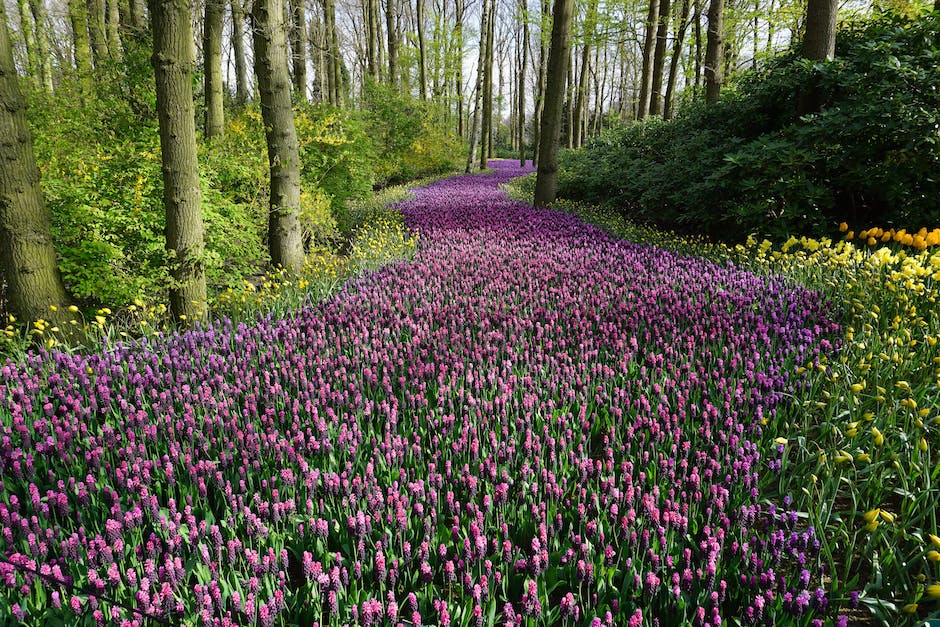
As gardens are a way to connect with nature, they can also boost your self-esteem and confidence. Growing your own food is an achievement, and you will be proud of what you grow.
People who have little gardening experience can still grow vegetables and plants. With the right knowledge and resources, anyone can plant something and eventually harvest something beneficial from it.
Gardening is a way to be outside and active while doing something productive. Once you have planted your seeds or plants, there is not much more work that needs to be done until they sprout or grow.
Any person of any age can garden, so it makes for a nice community activity. Whether it be your neighbors, friends, or family, organizing a garden group is a fun way to connect with others while doing good for the environment.
Content are generated with AI, fact checked by editorial team.
Hi there! My name is Aaron and I am a gardening expert from the United States. I have always had a passion for gardening and have been practicing it for years. I have gained extensive knowledge and experience in gardening.

